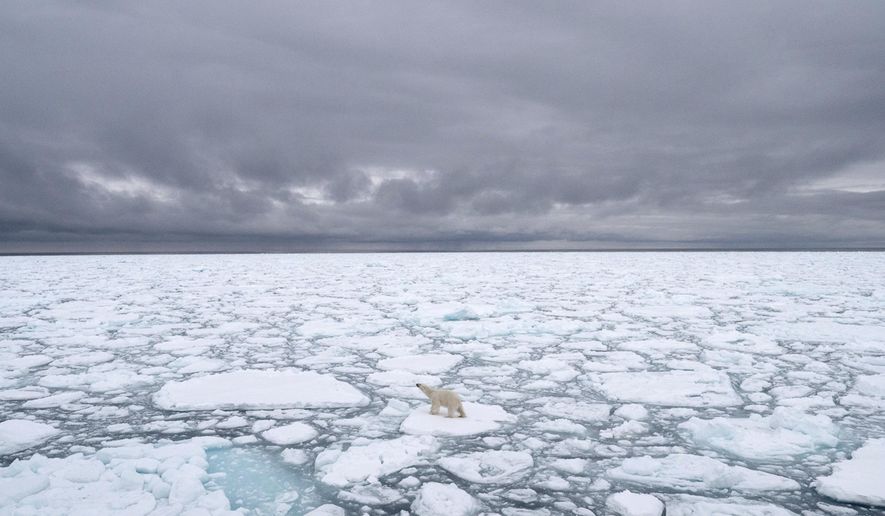Scientists anticipate that a “negative leap second” might soon be required, shortening our days by a second, due to polar ice melting.
Historically, Earth has seen its rotation decelerate due to tidal frictions, leading to the occasional addition of a second. However, scientists report a surprising reversal — Earth is now rotating faster, driven by internal changes.
“Part of figuring out what is going to happen in global timekeeping … is dependent on understanding what is happening with the global warming effect,” Duncan Agnew, professor of geophysics at the University of California San Diego, told CNN.
Polar ice melt “has been large enough to noticeably affect the rotation of the entire Earth in a way that is unprecedented,” said Mr. Agnew, who has authored a study on the subject. “To me, the fact that human beings have caused the rotation of the Earth to change is kind of amazing.”
“Nobody really anticipated that the Earth would speed up to the point where we might have to remove a leap second,” he said.
Traditionally, time-keeping has been tied to the rotation of our planet. What many don’t know is that the speed of this rotation isn’t fixed. From the swirling motions of the molten core to the defining force of gravity at work on the oceans’ tides, a myriad of factors can alter the length of a day.
This variability occasionally necessitates tweaking our global clocks by a “leap second,” to keep our atomic time—measured by meticulously precise atomic clocks—in harmony with celestial time, based on Earth’s spin.
“A negative leap second has never been added or tested, so the problems it could create are without precedent,” Patrizia Tavella, a member of the Time Department at the International Bureau of Weights and Measures in France, wrote in an article accompanying the study, CNN reports.
Before atomic clocks, a second was measured against Earth’s full spin cycle against the celestial background. These atomic clocks, a scientific marvel of stability, ushered in a new age of time measurement and became integral to the introduction of coordinated universal time (UTC) in the 1960s, which synced atomic time with Earth’s rotation.
• Staff can be reached at 202-636-3000.




Please read our comment policy before commenting.